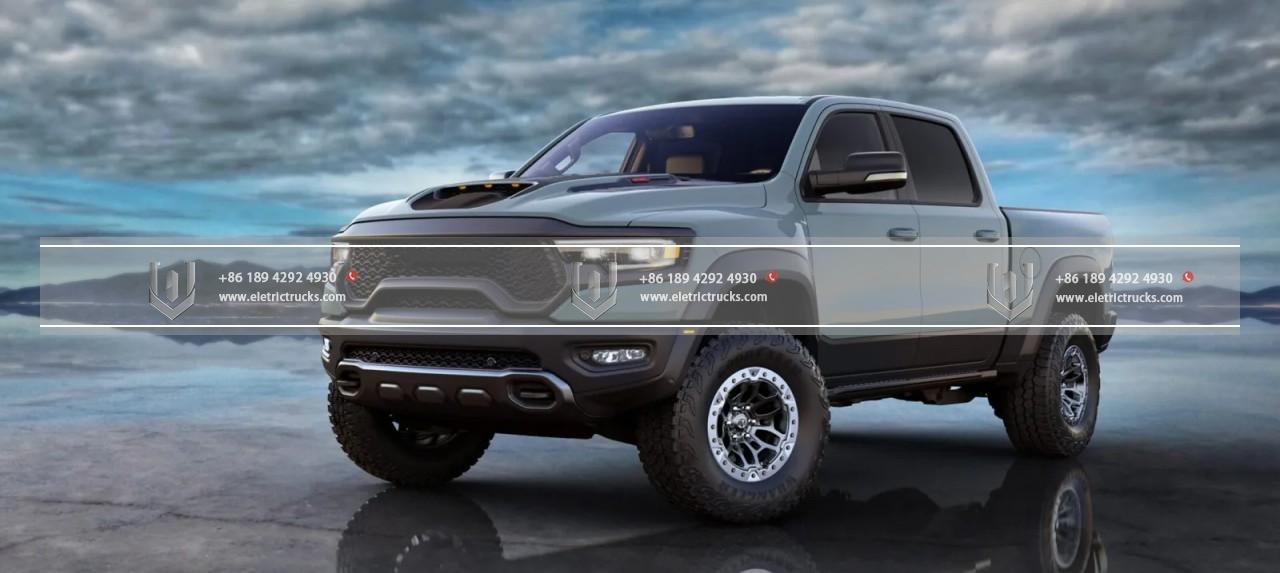Electric Truck Knowledge
Clean and Green: The Sustainable Promise of Electric Trucks
In recent years, the world has witnessed a growing emphasis on sustainability and a pressing need to address the environmental challenges we face. The transportation sector, known for its significant contribution to carbon emissions and air pollution, has become a focal point for innovation and change. One of the most promising advancements in this field is the rise of electric trucks, offering a clean and green solution to the challenges of traditional diesel-powered vehicles. With their eco-friendly features and numerous benefits, electric trucks are paving the way for a more sustainable future.
The first and most obvious advantage of electric trucks is their significant reduction in greenhouse gas emissions. According to the International Energy Agency (IEA), the transportation sector is responsible for nearly one-quarter of global carbon dioxide emissions, with heavy-duty vehicles accounting for a substantial portion. Electric trucks, on the other hand, produce zero tailpipe emissions, as they are powered by electricity stored in batteries or fuel cells. This shift from fossil fuels to clean energy sources has a direct and positive impact on air quality and climate change, reducing the carbon footprint and contributing to the mitigation of global warming.
Furthermore, electric trucks offer a quieter and more comfortable driving experience. Traditional diesel-powered trucks are notorious for their loud engines and vibrations, which not only cause noise pollution but also impact the well-being of truck drivers. Electric trucks, however, operate almost silently, greatly reducing noise levels both on highways and in urban areas. This improvement not only benefits drivers but also helps to alleviate the noise pollution that negatively affects the quality of life in residential neighborhoods.
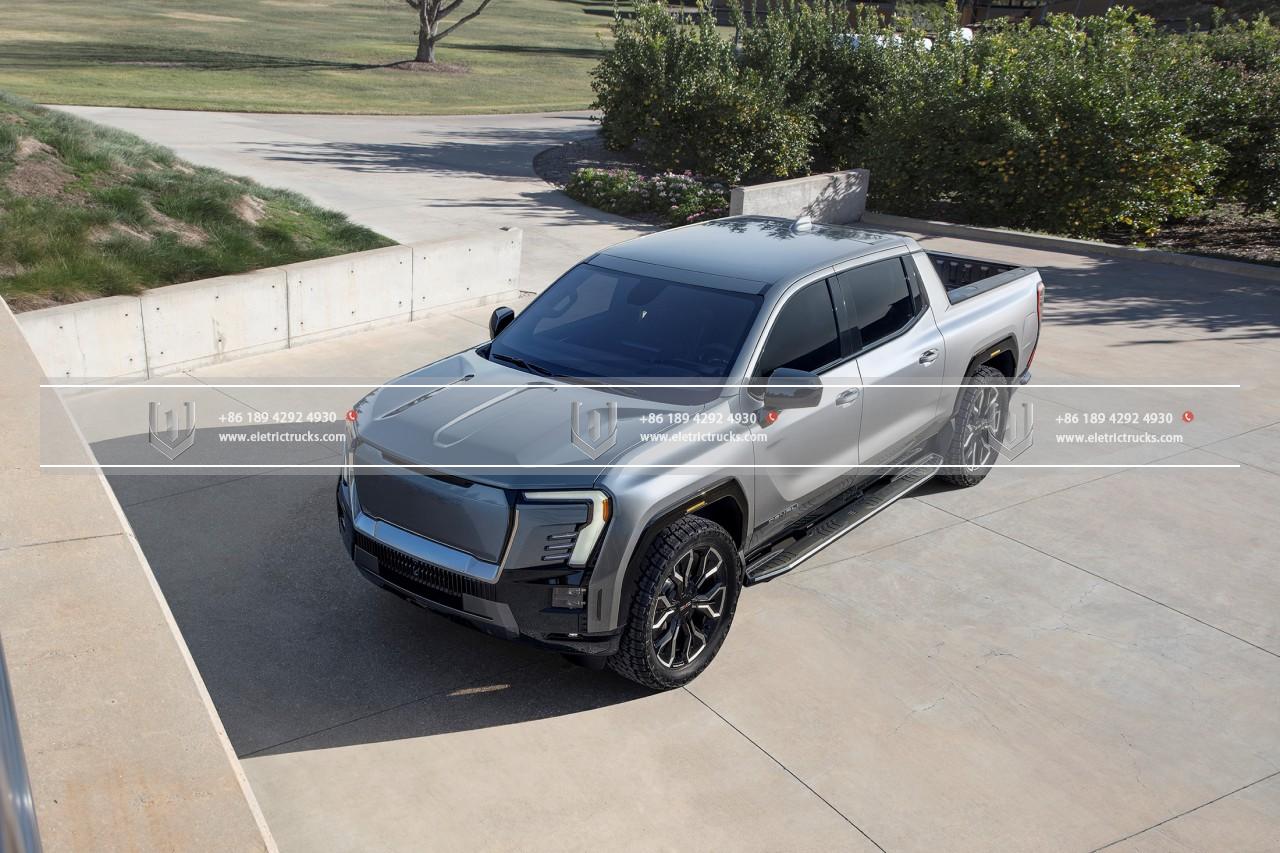
In addition to their environmental and noise-reduction benefits, electric trucks provide significant cost savings in the long run. Although the initial purchase price of an electric truck may be higher than that of a diesel-powered one, the operational costs are substantially lower. Electricity, as an energy source, is generally cheaper and more stable than diesel fuel, resulting in lower fuel costs for electric trucks. Moreover, the maintenance requirements for electric trucks are minimal compared to traditional trucks, as they have fewer moving parts and do not require oil changes or regular engine maintenance. These factors contribute to reduced operating expenses and increased profitability for businesses that choose to incorporate electric trucks into their fleet.
Furthermore, the development of electric truck infrastructure is rapidly progressing, making it easier for businesses to adopt and integrate electric trucks into their operations. Charging stations are being installed across major highways and trucking routes, ensuring that drivers have access to reliable and convenient charging facilities. கூடுதலாக, advancements in battery technology are continuously improving the range and charging times of electric trucks, addressing the concerns of range anxiety that were once associated with electric vehicles. As the charging infrastructure continues to expand, electric trucks will become a more practical and feasible option for long-haul journeys, further bolstering their appeal in the trucking industry.
The widespread adoption of electric trucks also presents economic opportunities and job creation. As the demand for electric trucks grows, there will be a need for a skilled workforce to manufacture, maintain, and operate these vehicles. This shift towards sustainable transportation technologies will not only reduce greenhouse gas emissions but also stimulate the economy by generating employment opportunities in manufacturing, infrastructure development, and related industries. This transition to a green economy can contribute to a more sustainable and resilient future for both the environment and society.
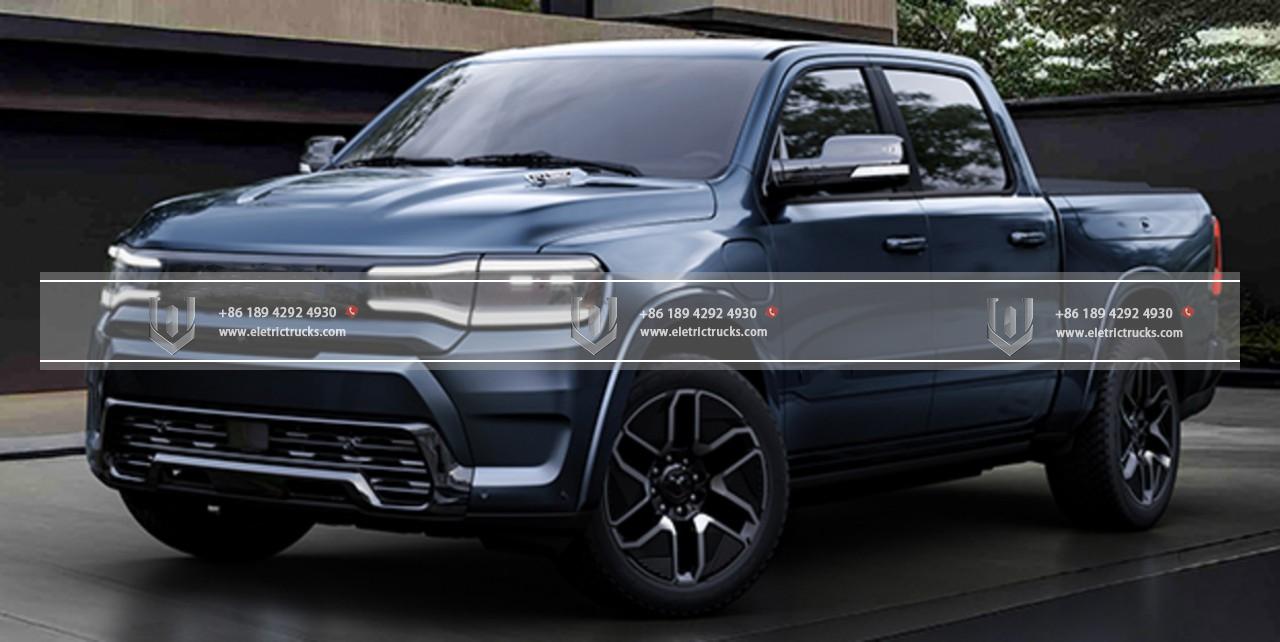
While electric trucks offer numerous benefits, there are still some challenges that need to be addressed. One of the main obstacles is the limited range of electric trucks compared to traditional diesel trucks. Although significant progress has been made in extending the range of electric vehicle batteries, long-haul transportation, and heavy-duty applications still require further advancements to match the distances covered by diesel trucks. However, with ongoing research and development in battery technology and the expansion of charging infrastructure, this limitation is expected to be overcome shortly.
Another challenge lies in the scalability of electric truck production. Currently, the production capacity of electric trucks is relatively low compared to traditional trucks, mainly due to the limited supply of batteries and other components. However, as demand increases and economies of scale come into play, the production capacity is likely to expand, leading to lower costs and greater accessibility.
Moreover, the positive impact of electric trucks extends beyond the realm of environmental sustainability. These vehicles also play a crucial role in reducing dependency on fossil fuels and enhancing energy security. Traditional diesel trucks heavily rely on finite and depleting fuel sources, leaving economies vulnerable to price fluctuations and geopolitical tensions. In contrast, electric trucks leverage electricity, which can be generated from a diverse range of sources, including renewable energy such as solar, wind, and hydroelectric power. By diversifying the energy mix and reducing dependence on fossil fuels, electric trucks contribute to a more resilient and secure energy future.
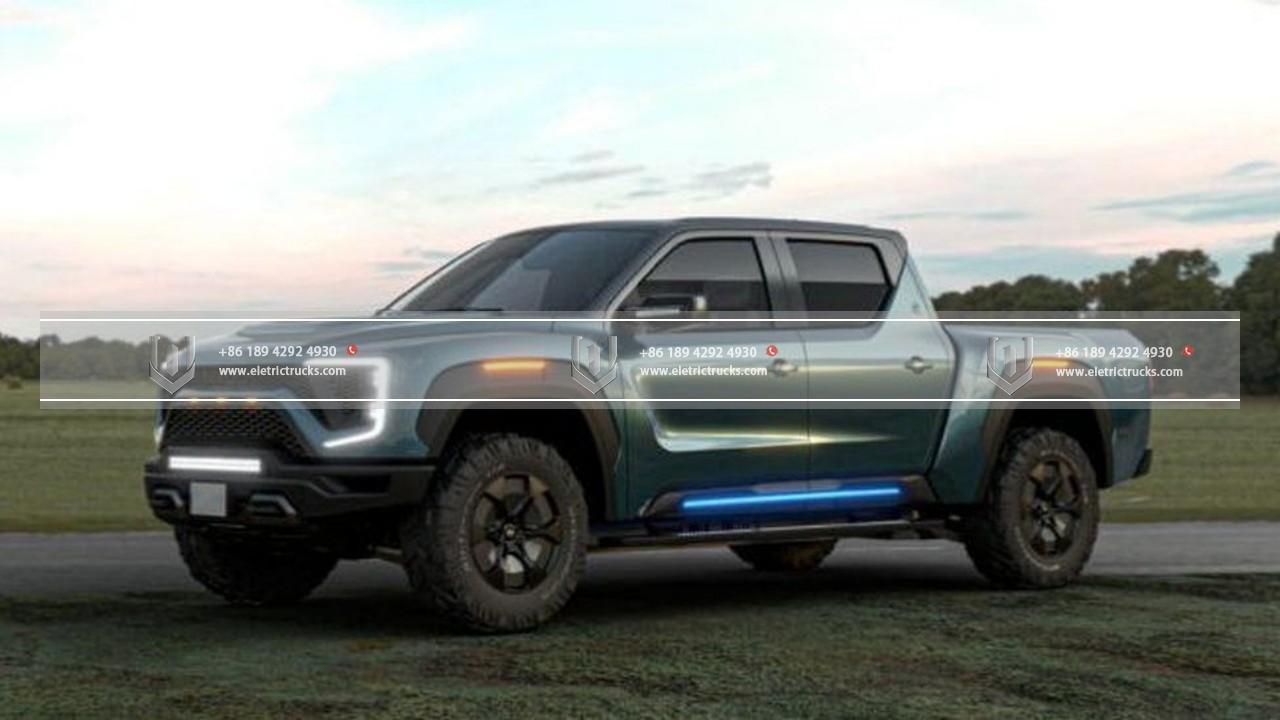
Furthermore, the implementation of electric trucks aligns with the growing trend of corporate social responsibility (CSR) and sustainable business practices. Many companies are increasingly aware of the importance of reducing their carbon footprint and demonstrating their commitment to environmental stewardship. Incorporating electric trucks into their fleet not only helps companies achieve their sustainability goals but also enhances their reputation as environmentally conscious organizations. This, in turn, can attract environmentally-minded customers and investors who value businesses that prioritize sustainability.
The sustainable promise of electric trucks extends beyond the transportation industry itself. Electric trucks have the potential to create a ripple effect throughout the supply chain, positively impacting other sectors. உதாரணமாக, the electrification of trucking can drive innovation and investment in renewable energy infrastructure, including charging stations and grid modernization. This infrastructure development can provide additional benefits to communities, such as improved access to clean energy and job opportunities in the renewable energy sector. Moreover, the adoption of electric trucks can encourage the development of more sustainable logistics practices, including route optimization, load management, and supply chain efficiency improvements.
It is important to note that the transition to electric trucks requires a collaborative effort from various stakeholders, including government bodies, truck manufacturers, energy providers, and fleet operators. Governments can play a crucial role in facilitating this transition by implementing supportive policies, such as financial incentives, tax breaks, and regulatory measures to encourage the adoption of electric trucks. They can also invest in the development of charging infrastructure and research and development of battery technology. Similarly, truck manufacturers need to continue investing in research and development to enhance the performance and range of electric trucks while ensuring their affordability. Energy providers should collaborate with fleet operators to establish a robust charging infrastructure network that meets the specific needs of the trucking industry.
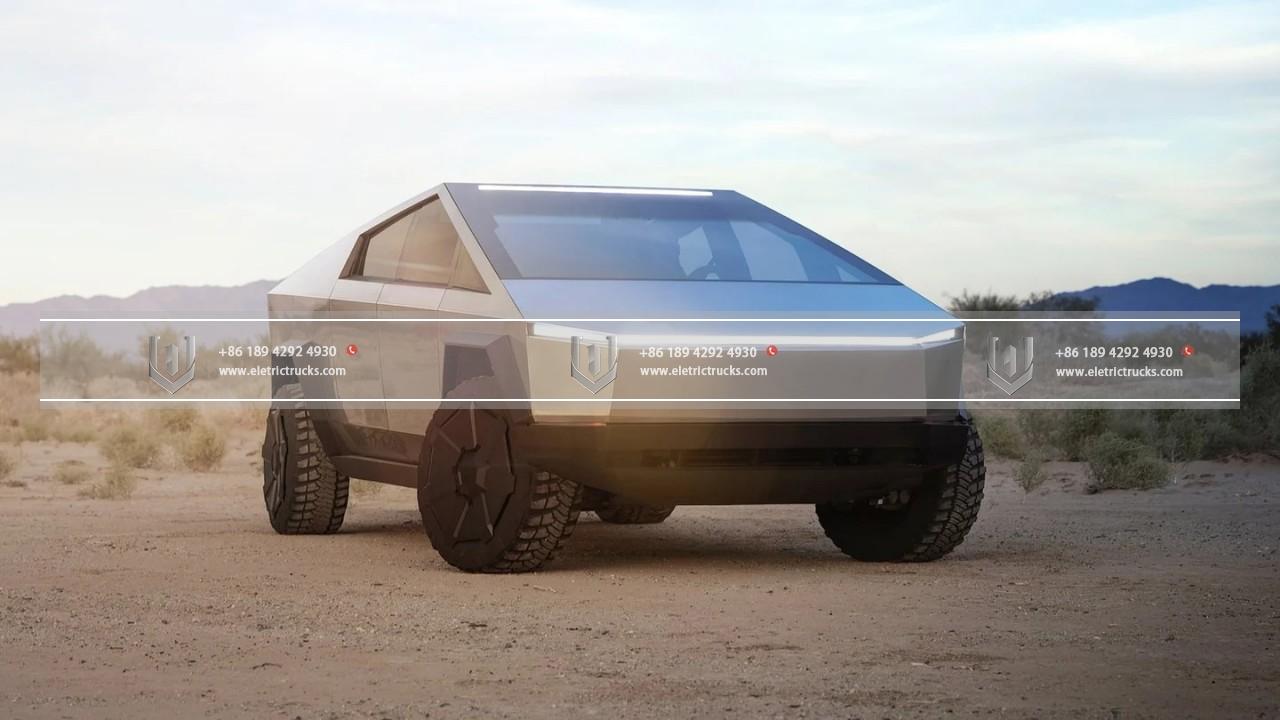
முடிவில், the rise of electric trucks holds immense promise for a sustainable and environmentally friendly future. These vehicles offer significant benefits such as reduced greenhouse gas emissions, improved air quality, cost savings, and quieter operation. As technology advances, challenges related to range limitations and production scalability are expected to be overcome. The widespread adoption of electric trucks can not only mitigate the environmental impact of the transportation sector but also drive economic growth, create jobs, enhance energy security, and promote sustainable business practices. By embracing the potential of electric trucks, we take a significant step towards a cleaner, greener, and more sustainable world.
